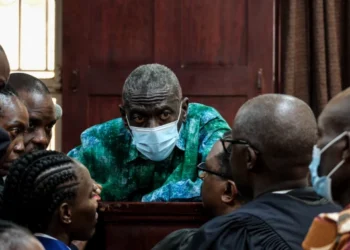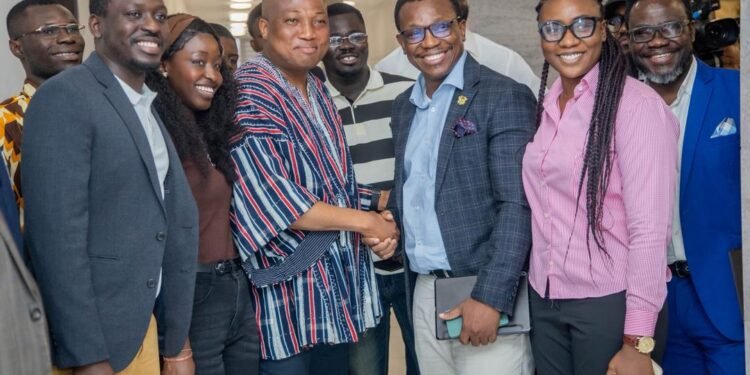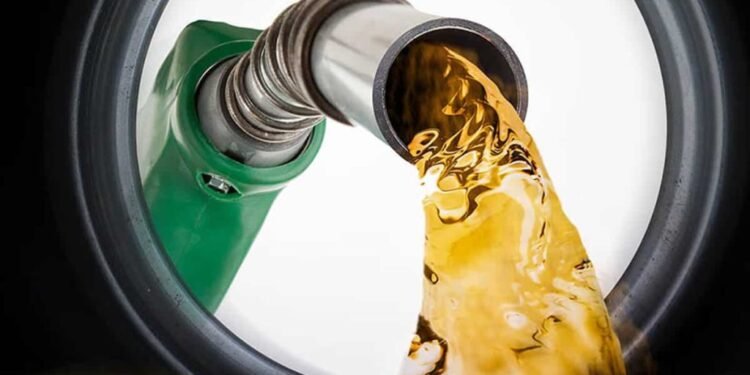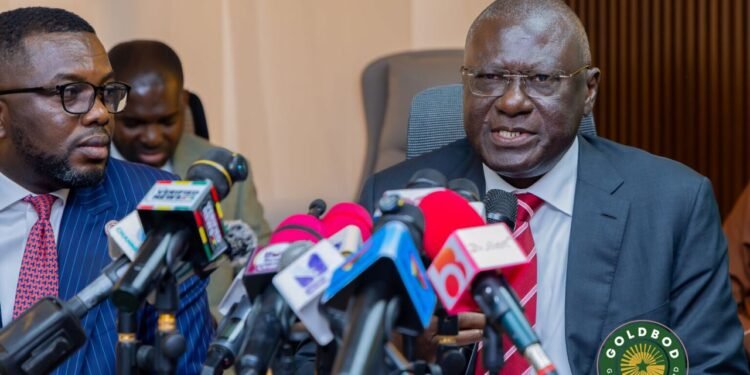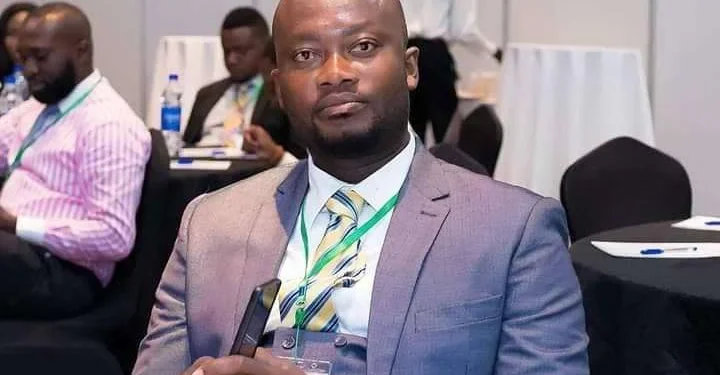South African President Cyril Ramaphosa has appointed a new special envoy to the United States as tensions between Pretoria and Washington continue to escalate following remarks by President Donald Trump and the recent diplomatic fallout.
Mcebisi Jonas, who previously served as South Africa’s deputy finance minister, has been named the official envoy tasked with managing key diplomatic, economic, and bilateral relations with the U.S. The announcement, made on Monday, April 14 by the president’s office, described Jonas as a trusted figure “entrusted with [advancing] South Africa’s diplomatic, trade and bilateral priorities.”
According to the presidency, Jonas “will serve as the official representative” of President Ramaphosa and the Republic of South Africa in dealings with U.S. authorities and stakeholders.
“He will lead negotiations, foster strategic partnerships and engage with US government officials and private-sector leaders to promote our nation’s interests.”
President Cyril Ramaphosa’s Office
The move comes just weeks after the U.S. expelled South Africa’s ambassador, Ebrahim Rasool, citing comments deemed hostile to the Trump administration and U.S. foreign policy.
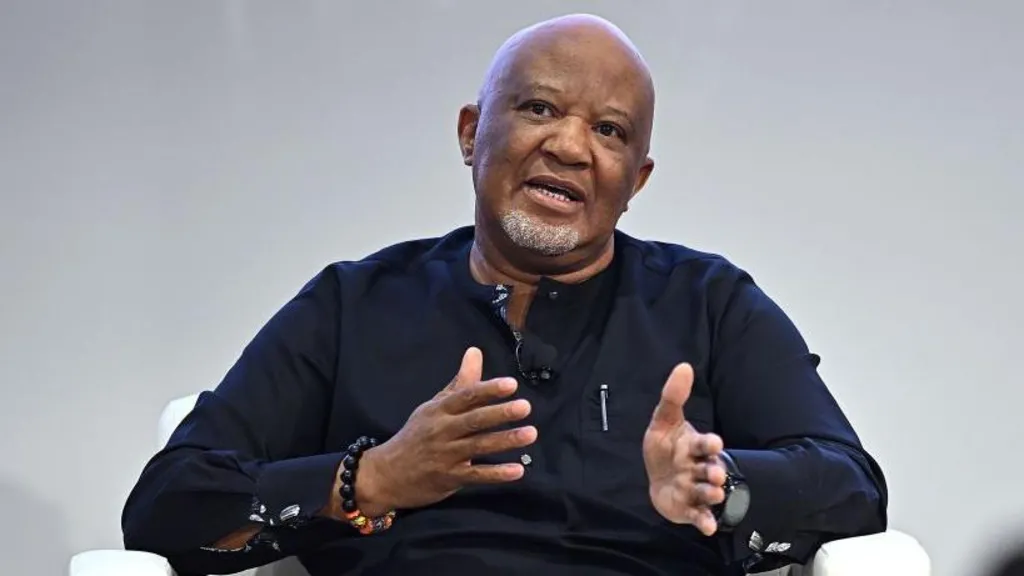
Rasool had characterized Trump as launching “an assault on incumbency — those who are in power” and attributed the Make America Great Again movement to “a supremacist instinct.”
Rasool was declared persona non grata by U.S. Secretary of State Marco Rubio, who branded him a “race-baiting politician” and accused him of harboring deep hostility toward Trump. Rasool returned to South Africa in March, where he was greeted by cheering supporters who hailed him for standing firm.
Trump Slams South Africa Over G20 Summit
The diplomatic appointment of Jonas follows further inflammatory remarks from Donald Trump, who over the weekend criticized South Africa’s upcoming role as G20 summit host. In a post on Truth Social, Trump wrote: “Is this where we want to be for the G20? I don’t think so!”
Trump, who has repeatedly taken aim at the South African government, once again accused the Black-led administration of targeting white farmers. He alleged the government is “allowing land to be seized from white farmers ‘and then killing them and their families.’”
Both the South African government and President Ramaphosa have categorically denied the claims. Officials insist that no such land seizures or race-based killings are taking place, arguing that these assertions are rooted in “misinformation,” frequently amplified by Trump’s South African-born adviser, Elon Musk.
At the center of the controversy is South Africa’s recently passed land expropriation law, which permits the government to take land without compensation if it serves the public interest. While the legislation has sparked criticism from some white minority groups, authorities maintain that no land has yet been taken under the new law.
Further aggravating the U.S.-South Africa relationship is Pretoria’s move to file a case at the International Court of Justice accusing U.S. ally Israel of genocide in Gaza. Trump’s administration responded with an executive order slashing U.S. aid to South Africa, accusing it of “pursuing anti-American foreign policies” and aligning itself with Iran and Hamas.
South African officials have rejected those accusations, arguing that their foreign policy remains independent and rooted in international law and human rights.
With diplomatic tensions simmering, Mcebisi Jonas’s role as special envoy to the United States is expected to be both politically delicate and strategically vital. His mandate to engage U.S. officials, promote trade, and repair relations arrives at a time of deep mistrust between the two countries.
Whether Jonas will succeed in navigating this challenging terrain remains to be seen. But with the G20 summit fast approaching and Trump’s criticisms growing louder, South Africa is signaling that it intends to remain diplomatically proactive, even under pressure.
READ ALSO: Kwahu Business Forum to Launch 600 Enterprises by 2028





